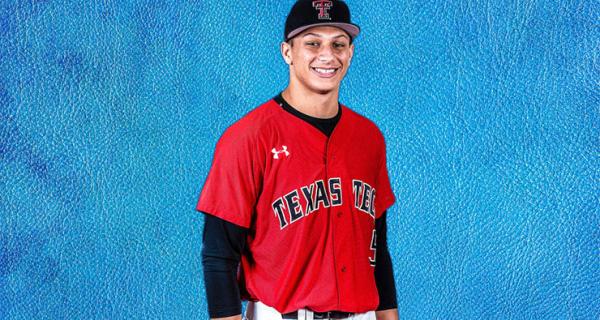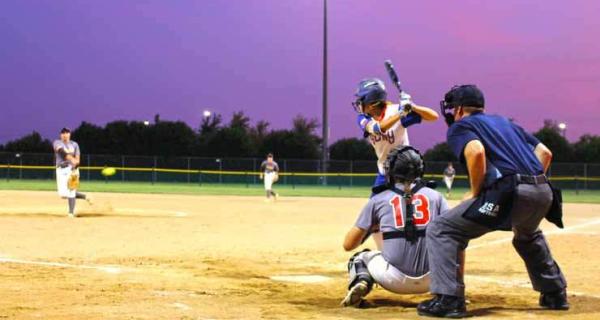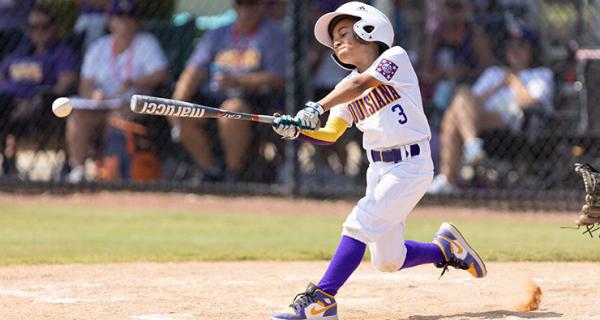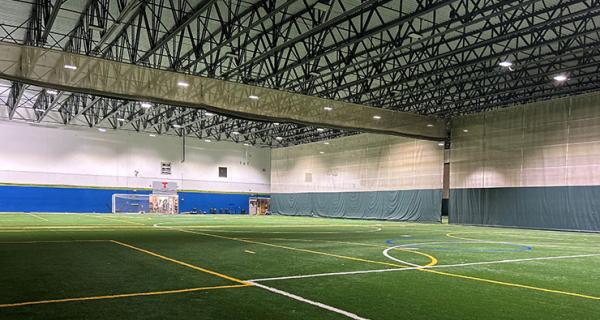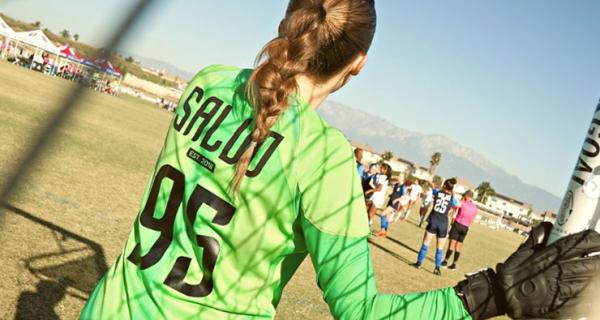Sin City Classic's Recipe for Success
Key planners of the Sin City Classic share what makes the premier LGBTQ sports event special.
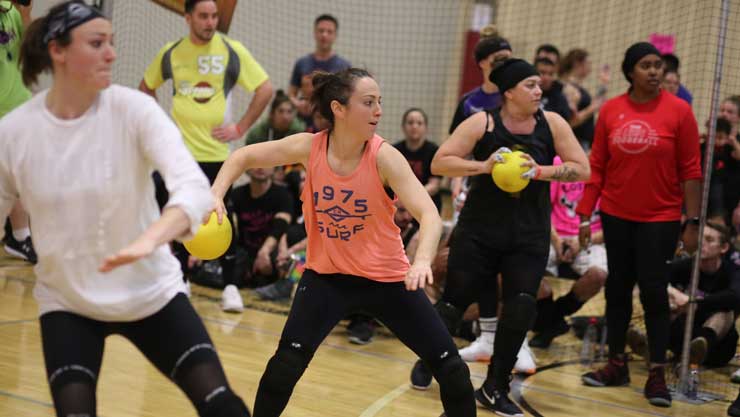
Following the Hollywood-devised maxim, “If you build it, they will come,” the Sin City Classic has developed a winning recipe for success.
What began in 2008 as a large regional softball tournament, conceived and run by the Greater Los Angeles Softball Association, has exploded into a 22-sport tournament and festival featuring thousands of athletes representing hundreds of teams from virtually every state in the United States and countries across the globe. Organizers say it is the largest LGBTQ sporting event in the world.
Timing and location have proven to be the prime drivers in the growth and success of this four-day extravaganza hosted annually each January in Las Vegas. The giant festival, party scene and desert atmosphere are certainly big contributors, too.
Here’s a look at how it all comes together from the perspective of the event organizer, participating league director and host city.
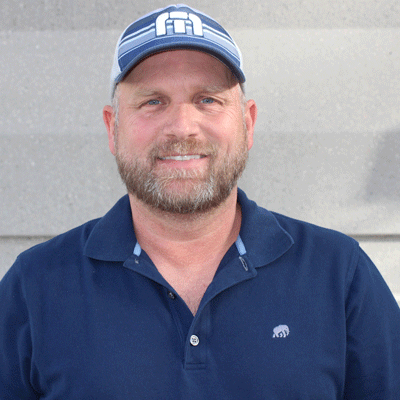 Ken Scearce: Tournament Director, Sin City Classic
Ken Scearce: Tournament Director, Sin City Classic
Two years ago, Ken Scearce, a volunteer with Greater Los Angeles Softball Association, took on the role of tournament director for the Sin City Classic, now entering its 13th year.
GLASA serves as the umbrella organizer of the four-day event, hosting social events and serving as a primary resource for the various sporting tournaments held alongside GLASA’s 235-team mega-softball tourney.
Scearce leads an army of part-time volunteers in managing all administrative aspects of the burgeoning event, from coordinating hotel contracts and garnering citywide support to recruiting sponsors and planning social events.
Softball reigned supreme in 2019, with more than 3,300 athletes participating in Sin City’s tournament. Kickball was the next largest sport with 823 participants.
Scearce says all sports combined to field more than 6,700 athletes. With another 2,000 or so friends and family to cheer on the athletes and attend the parties, attendance tipped at nearly 9,000.
The event has conducted aggressive outreach over the past few years to other sports, growing from 16 in 2018 to 22 in 2020, Scearce says. In addition to softball and kickball, sports represented in 2019 included billiards, bodybuilding, bowling, cheer, diving, dodgeball, golf, ice hockey, soccer, swimming, tennis, volleyball and wrestling.
“We have participants from all over the U.S. and several countries including Brazil, Canada, Mexico and Japan,” says Scearce, noting the annual Martin Luther King Jr. Day weekend dates, desert weather and a positive attitude all contribute to the festival’s growth and success.
Coordination and making connections for other sports to hold tournaments in concert with the festival has proven to be GLASA’s strong suit.
“I had a connection from the University of Nevada, Las Vegas, for example, and introduced them to flag football, which allowed the sport to expand and use three UNLV fields,” says Scearce. “We want to help our sports grow.”
Scearce notes all organization is done without the assistance of third-party planners. GLASA taps into legal, finance, operations and hospitality expertise of its membership to support the event, a major annual fundraiser for them.
“We’re 100% volunteers,” says Scearce. “We work really hard year-round for this, and this event is the largest because of the work of all our partners and resources on the ground in Las Vegas.”
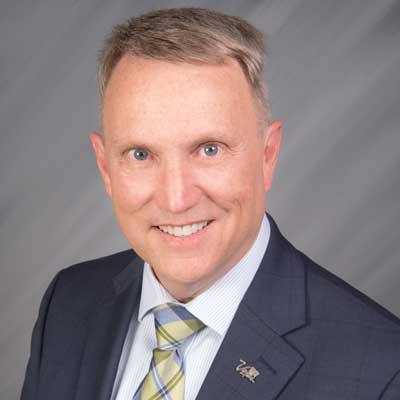 Jim McMichael: Specialty Markets Manager, Las Vegas CVA
Jim McMichael: Specialty Markets Manager, Las Vegas CVA
There’s no question diversity and specialty markets are an important component for Las Vegas tourism.
Community Marketing & Insights, a leading LGBTQ market research firm based in San Francisco, consistently ranks Las Vegas as one of the top five destinations for LGBTQ travelers from the United States and Canada, a statistic LVCVA pays close attention to.
“Vegas has always been popular with the LGBTQ market,” says Jim McMichael, specialty markets manager for LVCVA. “We know they're coming here for the same reasons the mainstream visitors are coming—the Vegas experience and the freedom to be who they want to be and have their Vegas moment when they are in town.”
McMichael has seen the Sin City Classic expand in the six years he’s worked with them, noting the event generated about $5 million in economic impact last year alone.
“While we have about 22,000 conventions, meetings and incentive groups annually, the average group in Las Vegas is usually about 200 people,” says McMichael. “Sin City Classic makes a big wave when they come to town. One way we make them feel welcome is by getting as much information into not only the organizers’ hands, but also into all of the individual athletes’ hands as they're planning their time in Vegas so they can take advantage of everything they want to do, whether it's a show, great dining or how to connect with the city.”
LVCVA works with both GLASA and the other sports tournament organizers to ensure they get the community-wide support they need.
“On a macro level, I work with the GLASA team when they needed to source a new hotel and look for venueThere’s no question diversity and specialty markets are an important component for Las Vegas tourism.
Community Marketing & Insights, a leading LGBTQ market research firm based in San Francisco, consistently ranks Las Vegas as one of the top five destinations for LGBTQ travelers from the United States and Canada, a statistic LVCVA pays close attention to.
“Vegas has always been popular with the LGBTQ market,” says Jim McMichael, specialty markets manager for LVCVA. “We know they're coming here for the same reasons the mainstream visitors are coming—the Vegas experience and the freedom to be who they want to be and have their Vegas moment when they are in town.”
McMichael has seen the Sin City Classic expand in the six years he’s worked with them, noting the event generated about $5 million in economic impact last year alone.
“While we have about 22,000 conventions, meetings and incentive groups annually, the average group in Las Vegas is usually about 200 people,” says McMichael. “Sin City Classic makes a big wave when they come to town. One way we make them feel welcome is by getting as much information into not only the organizers’ hands, but also into all of the individual athletes’ hands as they're planning their time in Vegas so they can take advantage of everything they want to do, whether it's a show, great dining or how to connect with the city.”
LVCVA works with both GLASA and the other sports tournament organizers to ensure they get the community-wide support they need.
“On a macro level, I work with the GLASA team when they needed to source a new hotel and look for venues to host social events,” says McMichael. “We help with site visits and look at the overreaching structure to get their program in place. As different sports approach them—for example, swimming and diving—we’re able to provide information and contacts within the city, county and at the university about accessing resources such as swimming pools.”
“Each sport has different needs,” says McMichael. “We interact with the tournament directors to help them with issues or if they've got a roadblock, or if they're looking to expand… and increase their attendance.”
Given the size of the event and the number of participants and venues involved, McMichael and his team are in an ongoing state of planning and communication.
“Every January, I get out to the various sports to explore how they can expand within their venues,” s to host social events,” says McMichael. “We help with site visits and look at the overreaching structure to get their program in place. As different sports approach them—for example, swimming and diving—we’re able to provide information and contacts within the city, county and at the university about accessing resources such as swimming pools.”
“Each sport has different needs,” says McMichael. “We interact with the tournament directors to help them with issues or if they've got a roadblock, or if they're looking to expand… and increase their attendance.”
Given the size of the event and the number of participants and venues involved, McMichael and his team are in an ongoing state of planning and communication.
“Every January, I get out to the various sports to explore how they can expand within their venues,” says McMichael. “As soon as they’re wrapped up, we already start looking at what we can do to help the sports that have hit capacity grow larger.”
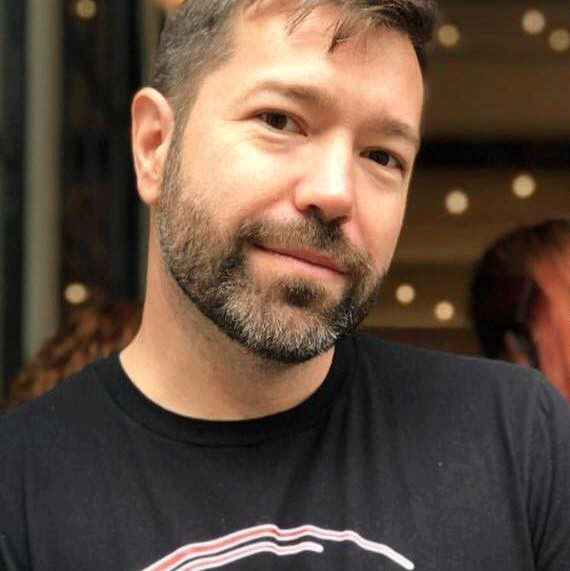 Jake Mason: Founder and President, WeHo Dodgeball
Jake Mason: Founder and President, WeHo Dodgeball
West Hollywood, California-based WeHo Dodgeball is a for-profit LLC operating under the umbrella of USA Dodgeball, the national governing body for the sport.
Jake Mason, founder and president of WeHo Dodgeball, has developed it into a premier LGBTQ dodgeball league and one of the largest in the country (more than 600 players play weekly). WeHo hosts events in the U.S. and internationally.
This marked the seventh year WeHo Dodgeball participated in the Sin City Classic, bringing 115 teams and more than 600 athletes.
“I love partnering with GLASA for this event,” says Mason. “Having us all together adds another layer for the players and enhances their experience. Dodgeball people like to party, and our social events are always packed. Sin City Classic brings a new layer where participants meet people from other sports. It's an adult recreation league, so everyone's there to make friends and it's a very social tournament.”
For Mason, part of the initial attraction of bringing his league to the event was the sophisticated level of organization it offered.
“Coming in and knowing we've got a hotel deal in place regardless of how many people I bring takes a lot of pressure off being a first-time event organizer,” says Mason. “Having scheduled parties and discounts in place is also a plus. We just walk in with our tournament and GLASA takes care of the environment around it. It’s well organized and communicated.”
Early in his tenure with the event, Mason worked to identify a suitable venue for dodgeball competition (Bill & Lillie Heinrich YMCA) and take care of the permitting and logistic arrangements for play. As he looks to expand, Mason anticipates leaning on resources such as those McMichael can connect him with.
“I have other events in Las Vegas during the year,” says Mason, “I’m scouting and talking with LVCVA and looking for ways to expand.”
Regarding the evolution of the Sin City Classic throughout WeHo Dodgeball’s association with the event, Mason says his participants are pleased.
“The response is overwhelmingly positive,” says Mason. “The players loved the hotel venues (Flamingo Las Vegas and The Linq). We’ve found our vibe. We feel part of a bigger whole—our players love that.”



